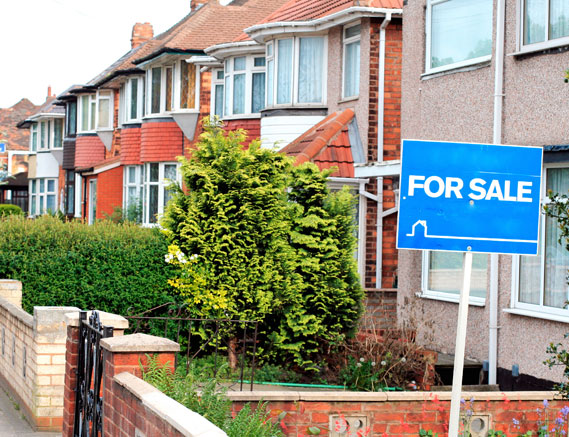Real estate figures rebound
Real estate continues to make headlines, whether the market is up or down, people are relocating from urban to rural areas, or the time it takes to get a new home. After last year's mini-budget, which resulted in a 30% drop in the number of sales agreed, there were concerns that inflation and the cost of living crisis would permanently dampen the property market. However, the latest figures from the property portal Rightmove show that the number of sales agreed is rebounding, and it is only down 11% from 2019.
What's the 'new normal'?
Despite the calmer market, there is a "new normal" with an extended timeframe from putting a property on the market to completing the paperwork and moving home. According to TwentyEA, the time taken to achieve a sale has risen by 50% to 65 days compared to a year ago, with the time to property exchange up 5% to 139 days. This slowdown is due to several factors, including a massive backlog that arose during the pandemic and a surge due to the stamp duty holiday that reduced the cost of moving from 2020 to 2022.
What are the effects?
The huge volumes are putting a strain not just on conveyancing departments but also on those involved in the many connecting strands of sale and purchase, including the Land Registry, local authority departments, and lenders. Whenever a property is sold, the buyer will have a "local search" carried out to check for any planning restrictions that could impact the future property value, and the record numbers of search requests are putting extra demands on the process. Many local authorities are taking as much as a month to handle these requests.
How to be prepared
In these conditions, buyers need to ensure they have their mortgage offer agreed, and sellers need to be well prepared before they even instruct the estate agent. For sellers, preparation includes checking the location of any relevant deeds and conveyancing documents from the original purchase. Other key paperwork is to cover any modifications to a property that required planning permission or building regulations consent. For leasehold property, any works requiring approval by the freeholder will need to be documented too. And any electrical or gas work will need a certificate to show that the work has been properly carried out in accordance with applicable regulations by a suitably qualified technician.
Sellers who are well-prepared before they market will make sure their solicitor has already examined the title, lined up all the paperwork, anticipated any problems and dealt with them in advance. It's a tactic that avoids delay later and means they are ready to act immediately when a buyer is found. For those chasing the perfect property, with a continuing shortage of new instructions coming on to the market, make sure you are the best bet, not just the highest offer. Buyers who instruct solicitors, get their finances in order, mortgage offers confirmed, and even go into rented property so they are chain-free and flexible on completion dates, will show sellers they are serious.
How can we help?
Here at Symes Bains Broomer, our conveyancing team deliver expert legal advice and guidance to you, whilst keeping it jargon free! We understand that these subjects can often be complex and confusing, so we ensure to give you advice that you understand, meaning you can stay in full control of your legal matters. If you have any questions, please do not hesitate to get in contact with a member of our team today.
Other Conveyancing-solicitors Articles

Lines open Monday to Friday, 9am to 5pm















